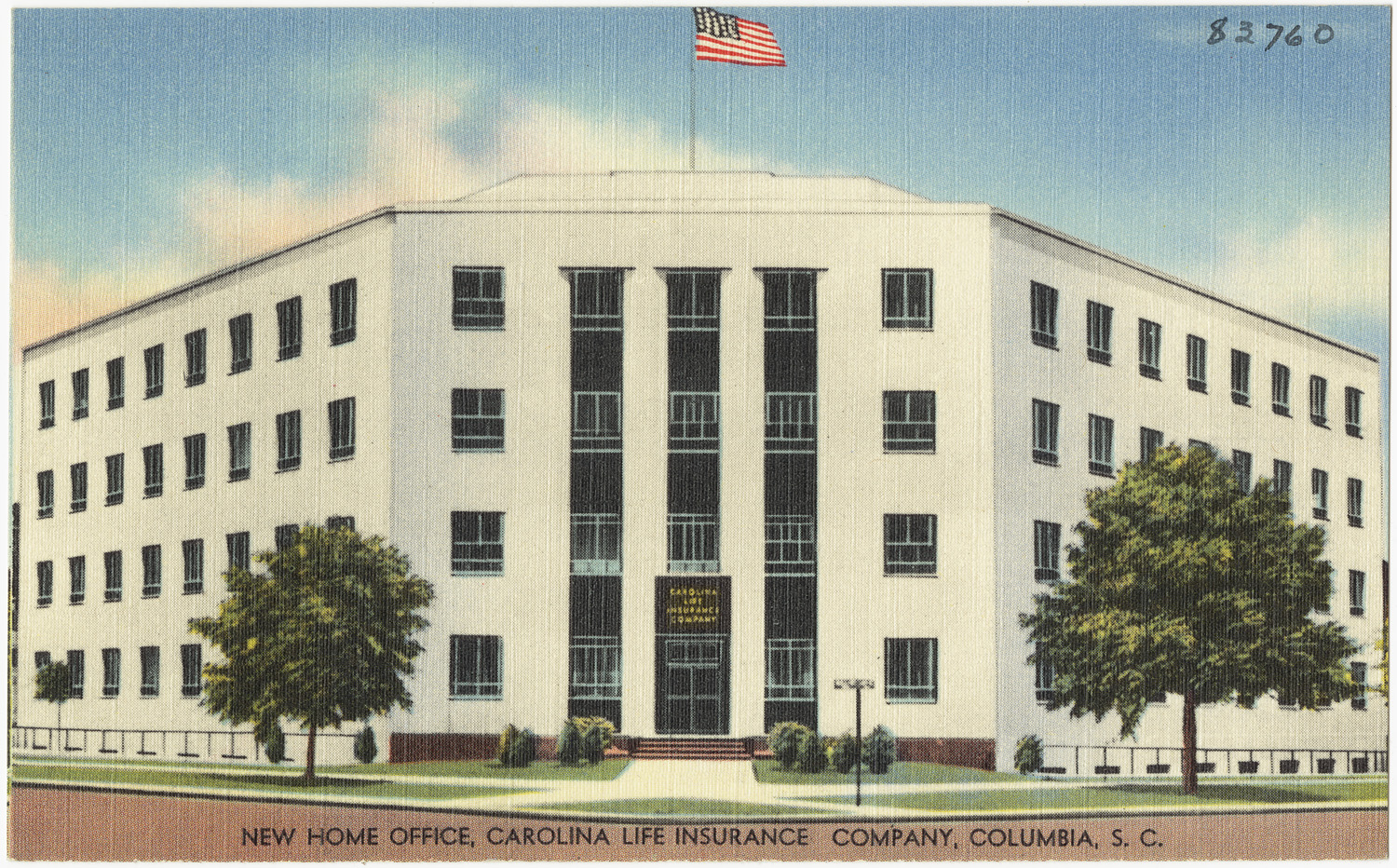The Education of a Corporate Bond Manager, Part X
“We’re doing a CDO.”? So said the head of investments.? A few days later, the staff of an investment bank crashed the branch office where I worked, and told us what they would like us to do.? We would buy a lot of their distressed inventory of utility bonds and financial bonds, add in some bonds of our own design, and sell a CDO.
I thought the idea stunk.? I also thought we should do it.? Why?? Get your foot in the door.? You can only do deal #2 if you have done deal #1.? Investment banks were not banging on our door to help us create a CDO, and the collateral wasn’t horrible.? It wasn’t what I would have chosen if I had discretion, but it wasn’t horrible.? Besides, we would own the equity, so who would take the first losses?
Unfortunately, the deal meant a trip to Wall Street, or at least midtown Manhattan. Now, some find that a lot of fun, and I do as well, because I like meeting bright people, and exploring new ideas.? Often my brokers wanted to introduce me to some of their “thought leaders.”? I found that to be a lot of fun.
But much as I like wine and good food, I sometimes found the schmoozing to be a burden.? I try to be an ethical guy.? I’m out to serve my client within the scope of the law, and within extra-legal ethical codes (I am an actuary and I hold the Financial Analysts’ Charter.)? I’m also a “cheap date.”? I don’t have to have an expensive steak… a good burger will do.
We had a practice in my office, that we would take visiting brokers from Wall Street to Victor’s Cafe, which was a 3 minute walk from our office.? Not very expensive, and good food.? We could get back to work quickly.? The brokers would look at the bill and say, “How am I going to explain this cheap tab to my boss?”? I told them that it was our way; we enjoy people, not spending.
On that two-day trip to Wall Street to talk with brokers and cement the CDO deal, the meal on the second night would be at a certain five-star restaurant.? One problem: no reservations were made.? So, at the beginning of the second day, a competitor broker (the piece of work featured in part nine) asked what we were doing that evening, and we mentioned the other broker, the restaurant, and that we did not have a reservation.? He said, “I am close friends, with the manager of [that restaurant].? If you want I can get you reservations this evening.? The only thing I ask is that your coverage at [the competitor] send me a thank-you note.”? We said sure.? He called them up, and BAM! Reservations for twelve on the spot.
The guy was a piece of work, but he could get things done.? The evening was great; I made the bright move of ordering a Russian beer, which was so bitter that I drank little.? The food was rich, for the nth time on this trip, and as I went home on Amtrak, I said to myself, “You can’t do this to your body — too much rich food over two days.”? I felt horrible.
And, as God would have it, the CDO deal blew up within a week.? Management did not want to do a deal that they did not shape.? As for me, I could go either way.? Deal one for shops that don’t have a big name is typically a compromise.
But, I learned from my times visiting in Manhattan, enjoy it, but not too much.? The best parts were learning how the brokers worked.? In the times that I visited the trading floors, Wall Street completed moving the cash guys next to the derivative guys, to share information effectively.
I also learned that we were up against organizations that were so much more clever than those that they served (us!), that we were better off cooperating with them than competing against them.? It was fascinating to watch the flow of information ripple across the trading floor.
-==–=-=-==-=–=-=-==-=-=-=-=-=-=-=-=-
Making Money
Merger arbitrage was an area I was surprised to find had value as a manager of bonds.? I trust my analysts; if they said a deal will go through, it will go through.? I would analyze the downside, and see if it was not acceptable.? In that era, the incremental yield on swapping acquirer bonds for target bonds was 40% annualized.? Woo-hoo!? Given all of the credit losses in 2002, I was able to make up for it all and more with some of these trades.
There was one big deal where my analyst said that the deal was a lock, and so I traded all of my shorter bonds, and bonds in the acquirer, for 30-year non-deal-protected bonds, and went up to my credit risk limit.? To my surprise, I got a call from the chief investment officer.
“Hey.”
DM: “What’s up?”
“What are you doing?”
DM: “Making money, and you?”
“Not funny.? You are messing with all of our credit risk limits here.? What if the deal doesn’t go through?”
DM: “It will go through.? The target will not survive well without it, though the bonds are money good, and the acquirer has its reputation on the line.”
“No more trading in this name, got it?”
DM: “Got it.” (I was done anyway.)
That ended up being our largest single capital gain for the year.? A close competitor was when I began buying the junior debts of banks in late 2002, particularly of the floating rate variety, which offered more upside.? After putting 2% of the client’s assets into the floating-rate trust preferreds, I got the call.
“Hey.”
DM: “What’s up?”
“What are you doing?”
DM: “Making money, and you?”
“Not funny.? You are messing with all of our credit risk limits here.? What if the banks don’t do so well?”
DM: “These are major, solid banks, where there is little risk of insolvency.? You’ve bought some outright preferred stock of some of these banks for portfolios, and this is safer.”
“Forget that. This trade is done, no more, got it?”
DM: “Got it.”? Again, the trade was done, and spreads had begun to collapse in, rapidly.? One broker who dominated the sub-market, but who I had done few trades through, told me that there was a buyer in the market, and so spreads were falling fast.? I wonder who that buyer was? 😉
Anyway, the smallest capital gain they cleared on that trade was 10%, and in bond terms, those were home runs.
I had other notable trades, such as credits tainted with Brazil exposure, where the company would be fine even if the Brazil exposure defaulted in entire — we loaded the boat, and sold after Lula was elected.? (Remember how worried people worried about Lula?? Another reason to remember that stability usually triumphs over discontinuity.)
If you give your bond managers enough rope, they may work wonders for you, or they might hang themselves.? We had our share of losses and gains in what was a horrible period 2001-2003.? On the whole, it was well above average, but our client was tough, and we got little appreciation for what we did.
If you work for money, you will be disappointed.? If you work for praise, the same.? If you work for excellence, you can only disappoint yourself.? I was happy with what I achieved for the client, even though the client didn’t like me much. More in the next piece.
PS — the broker did not send the thank-you note, and “the piece of work” got after him until he did.? What an episode!



